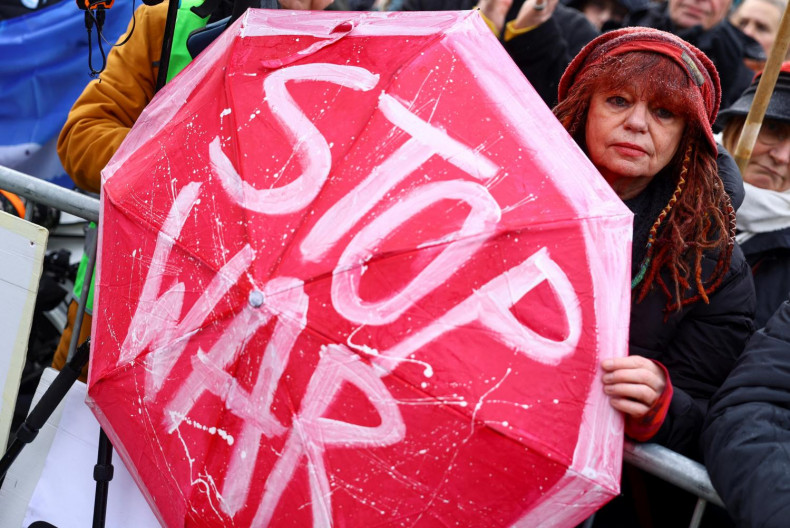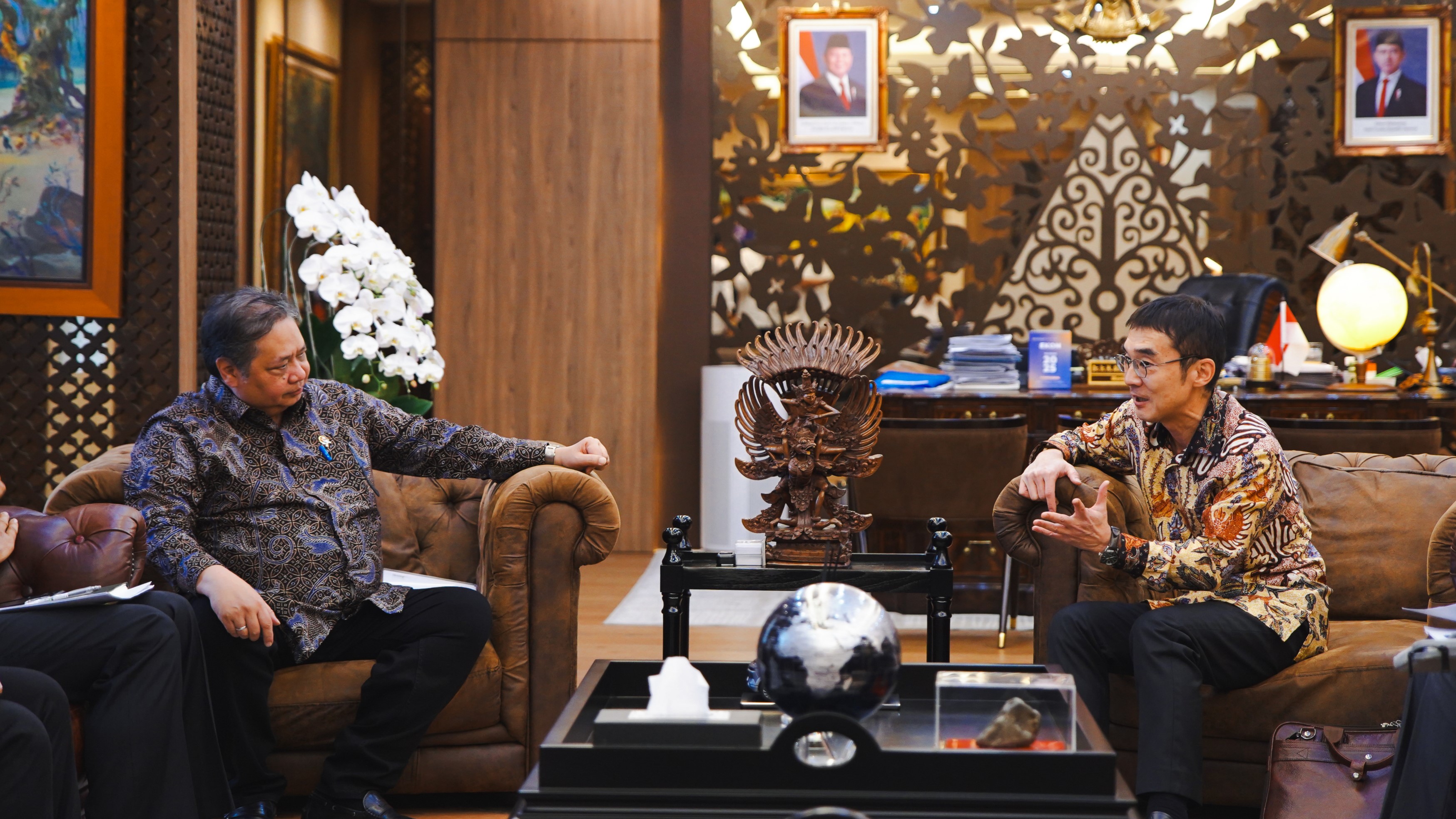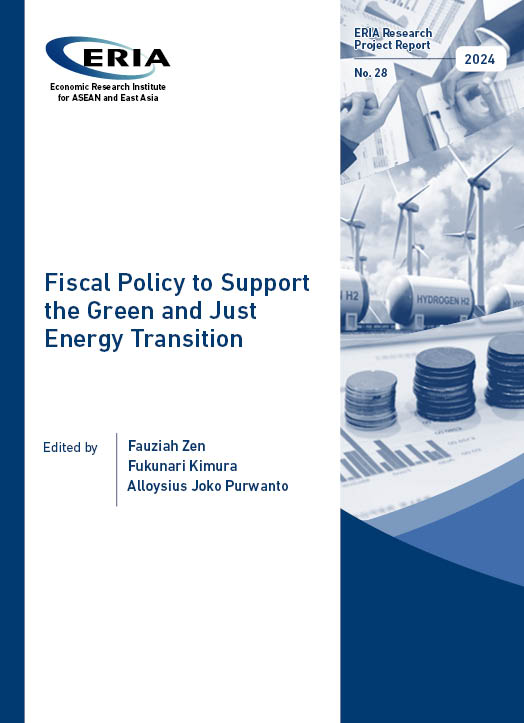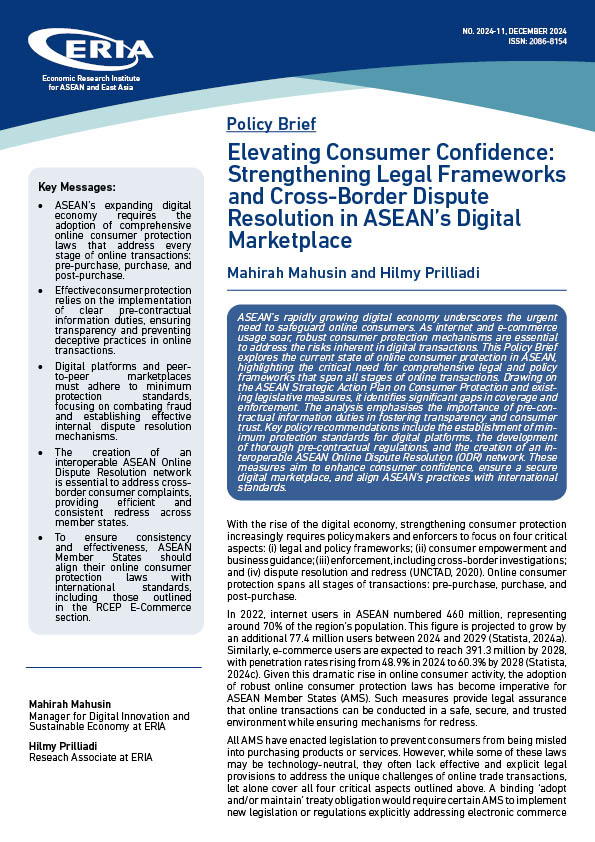Give Peace a Chance in Ukraine War
Date:
28 February 2023Category:
OpinionsTopics:
-Share Article:
Print Article:
By Mr Kavi Chongkittavorn, Senior Communications Advisor: China's 12-point proposal for peace in Ukraine should be given serious consideration as it encompasses all the necessary elements that could achieve a ceasefire leading to eventual peace. Obviously, it is still a tall order. At this juncture, the talk of war continues with vigour, especially among the US allies and NATO. Judging from their reactions in the past several days, they still view the plan with suspicion, and it will take some time before the Chinese ideas gain traction among policymakers worldwide.
The one-year war has already shifted and changed the international order and other fundamental connectivities and invisible linkages that have been the milestones of stability and prosperity that allow all countries to coexist peacefully. After the Russian invasion of Ukraine, a new world is emerging as the West and East continue to compete to take the lead. If the biggest war in Europe since World War II continues, the nascent multipolar international order will be further divided, forcing developing countries to shield themselves from the fallout of their competition. In the process, some of the developing countries will be forced to choose sides. At the moment, fortunately, there is a group of nations, big and small, that is taking a third way, trying to come up with a deliverable peace plan.
The 12-point proposal from Beijing came to light when the international community was still perplexed by Europe's biggest conflict since 1945, whether that's the war between Russia and Ukraine or between the US/Europe and Russia. Whatever it is, the war has to be stopped. Otherwise, the whole global community will be further bruised, and any new international order that exists in the future might not hold. Casualties on both sides are pretty high despite no exact numbers.
China's positions resonated well with the region. All of them have been reflected in one way or another in the ASEAN statements and joint communiques and during their discussions, in particular, respecting the national sovereignty of all countries, resuming peace talks, resolving the humanitarian crisis as well as reducing strategic risks. It is estimated that approximately 200,000 Russian soldiers have been killed or wounded, while Ukraine soldiers have suffered half as many losses. According to the UN, at least 20,000 civilians have been killed, including several hundred children.
It is not wrong to say that China's plan echoed the ASEAN stand. For instance, on March 3, 2022, ASEAN issued a joint statement on the situation in Ukraine. It called for an immediate ceasefire and continuation of political dialogue that could lead to sustainable peace in Ukraine. Throughout the conflict, ASEAN has also underlined the importance of a ceasefire to create an enabling environment for negotiations to address the current crisis and avoid expanding the suffering of innocent people.
All along, ASEAN has believed that there is still room for a peaceful dialogue to prevent the situation from getting out of control and halt the growing number of civilian and military losses and casualties as well as the negative impacts felt worldwide. ASEAN stands ready to facilitate, in any possible way, peaceful dialogue between the parties concerned. Throughout last year, the US and EU tried unsuccessfully to convince ASEAN to jointly condemn Russia's war in Ukraine.
Although the ASEAN members have different positions on the Russia-Ukraine war, they are united in their desire to see a ceasefire in Ukraine and the quick distribution of humanitarian aid. Among the ASEAN countries, Thailand was the only member that voted unconventionally based on its national interest. When the UN General Assembly first voted last March to condemn the invasion of Ukraine, Thailand joined 141 countries that voted in favour. Nevertheless, in October, when the UNGA voted to denounce Russia's annexation of Ukrainian territory, Thailand was among the 35 abstentions. However, last week's UNGA resolution calling for Russian troops to withdraw from Ukraine immediately got the nod from Thailand. Many Western countries were wrong in predicting that Thailand would abstain. Both Vietnam and Laos decided to abstain from all resolutions.
Thailand's voting pattern on the Russia-Ukraine has been in line with the country's long-standing belief in preventive diplomacy. Truth be told, China's peace overture was relayed to Deputy Prime Minister and Foreign Minister Don Pramudwinai during his official visit to China from 1-2 April last year. At the Anhui meeting, Foreign Minister Wang Yi told Don about China's plan, which Thailand fully supported. At the end of their meeting, the two countries made four joint appeals.
First, they expressed strong support for continued peace talks between Russia and Ukraine until a peace agreement is negotiated. The second was to prevent a large-scale humanitarian crisis and provide humanitarian assistance in a timely manner. The third was to curb the spreading of negative spill-over effects and maintain the momentum of global economic recovery. Finally, they wanted hard-won peaceful development in Asia, which has promoted regional and world peace and stability, to be cherished.
Indeed, all these elements have been reflected in China's latest position on the situation in Ukraine. For the region, any call for a peaceful dialogue and swift humanitarian assistance reflects the reality on the ground that regional countries are facing and deserves support. Despite the strong negative impacts of the Russia-Ukraine war on the region, the ongoing quagmire in Myanmar also reminds ASEAN members that if there is no peace settlement in that country, more calamities could be expected as there could be interventions or attempts to conduct a proxy war in mainland Southeast Asia.
Thailand has made itself clear that continued condemnation and sanctions are causing disruption and untold suffering throughout the world. The cost of food, inflation, and the shortage of fertilisers has made life difficult for ordinary people. At this juncture, the threat of nuclear war cannot be ruled out. In more ways than one, the Russia-Ukraine war happened because of mutual miscalculations from all parties concerned.
It is interesting to note that in all official Thai documents, the government has never used the word neutrality in the Russia-Ukraine conflict. But Thailand has pursued an independent policy of not aligning itself with any side. After all, each country pursues a foreign policy that best serves its national interests and those of its people at a particular time. There is no need to follow in other countries' footsteps.
This opinion piece was written by ERIA's Senior Communications Advisor, Mr Kavi Chongkittavorn, and has been published in Bangkok Post. Click here to subscribe to the monthly newsletter.
Disclaimer: The views expressed are purely those of the authors and may not in any circumstances be regarded as stating an official position of the Economic Research Institute for ASEAN and East Asia.
Photo by Reuters








